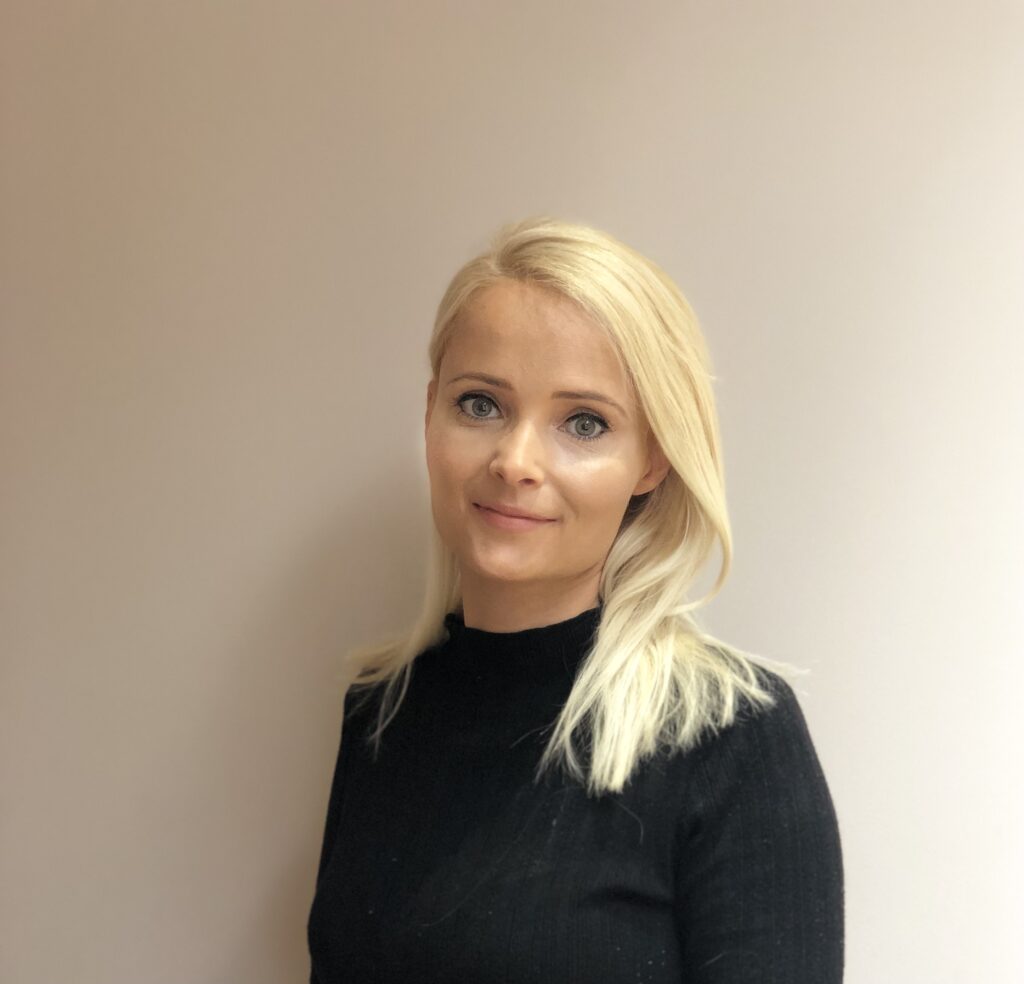Grief is a universal emotion. It’s something we all feel, no matter where we come from or what we’ve been through. Grief comes for us all. And, as humans who love and form emotional bonds with other people, it’s hard to avoid.
People of all cultures grieve; we all feel sorrow, loss and despair. We just show it in different ways. When it comes to grieving, for some cultures the focus is often placed on the individual. This can make it an extremely isolating and lonely experience.
However, in other cultures collective grief is common. Families, friends and communities lean in to support each other and grieve together. Here, death is not to be feared and is not a taboo topic.
Our understanding of the nature of grief and bereavement has undergone a transformational change. Previously received wisdom regarded grief as linear. It defined bereavement as working through emotions, with the goal being to move on and live without the person who died.
A Pathway Through Grief
Today the focus is on understanding the benefits to bereaved people of integrating the memory of their loved one into their lives.
There is more recognition that death ends a life, not necessarily a relationship, and that this process can be healthy and is not a denial of the death.
More recent theories also consider the cognitive, social, cultural, and spiritual dimensions of grief and loss. As a society, it’s important to recognize that it’s valuable for bereaved people to talk and to think about the person who has died. Better than encouraging them to “get over” their bereavement.
Experts no longer talk about “moving on,” but instead see grief as a way of adapting to loss while forming a continuing bond with the lost loved one.
Growing Around Grief
Tonkin’s (1996) theory of “growing around grief” suggests grief remains the same size, but the person’s life grows around it. As a bereavement counselor, this model has proved very helpful with people I’ve supported. Mainly due to the removal of the expectation that there needs to be “closure.” A lot of people are, understandably, fearful of this.
It’s important to note that although clinical research has expanded our understanding of the distinctive symptoms, risk factors, and psychological processes (which have contributed to more appropriate support for bereaved people), there is no justifiable “one size fits all” model or approach to grief.
A feeling of loneliness is something that is reported by nearly all of the clients I have worked with. They may have family and friends around them, but they are alone with their thoughts and their grief.
People shy away from checking in, not knowing what to say. Or they offer support initially and then distance themselves, leaving people alone with their grief. It can be an additional loss, where the people that you least expect become strangers.
Listen, Don’t Judge
“Is what I’m feeling normal?” is a question I get asked a lot, and the answer is “Yes.” The physical and emotional symptoms of grief can be frightening and overwhelming. They can be so heightened that people are convinced that they have a serious cognitive or medical issue.
I’ve found that normalizing the responses people have, and giving reassurance that grief can manifest itself in many ways, can help to alleviate this additional concern that is weighing heavily on top of people’s grief.
“To share something that is very personal with another individual and it is not received and understood is a very deflating and lonely experience. I know that when I try to share some feeling aspect of myself, which is private, precious and tentative, and this communication is met by evaluation (judgment), reassurance and distortion of my meaning, my very strong reaction is ‘Oh, what’s the use!’ At such a time, one knows what it is to be alone.”
A Way of Being, Carl Rogers (1980)
This is a quote often used in bereavement support training, as it helps people to understand the importance of respect, empathy and validation when supporting someone.
You don’t have to have the answers, you don’t have to “fix” anything, that person may not want your opinion. “Toxic positivity” is also unhelpful. It’s much better to regularly check in, take time to be present and empathically listen without judgment.
7 Tips for Truly Supporting the Bereaved
I’ve learned something in every single encounter during my years as a counselor supporting grieving people through their bereavement. Here’s a brief summary of the things I’ve found most helpful during that time. Hopefully, they’ll help you too when the time comes:
- Respect, empathy and genuineness are the core conditions of helping (Carl Rogers).
- It’s better to say something than nothing.
- “How are you?”… ask twice, so that people know you are being genuine. Continue to ask. There is no time limit on this.
- If you think the individual is feeling overwhelmed or bombarded with questions like, “How are you feeling?” consider sending a note or a card. Or see if there is any way that you can support them practically, e.g., with their workload.
- Each bereavement is unique and so each person’s grieving is unique.
- Grieving is not an entirely private process; it has social and relational aspects which need the engagement of others.
- There’s no one size fits all for support. Some people will research and read books, support groups can be a comfort for some, and others may prefer individual counseling.
FURTHER READING
Mind Tools Chief Executive John Yates lost his daughter, 18, while she was on her gap year holiday in Asia. You can read this moving account of his daughter, the grief and the aftermath by downloading the story below.
You may also find the following articles helpful for reflecting on grief. You’ll need to be a Mind Tools Club or Corporate member to see all of the resources in full:
Coping With Grief and Loss in A Virtual Team
How to Manage a Grieving Team Member

About the Author:
Kate Peters is a Mental Health and Wellbeing Consultant, Mental Health First Aid Trainer and Inclusion and Accessibility Lead at PeopleUnboxed.




